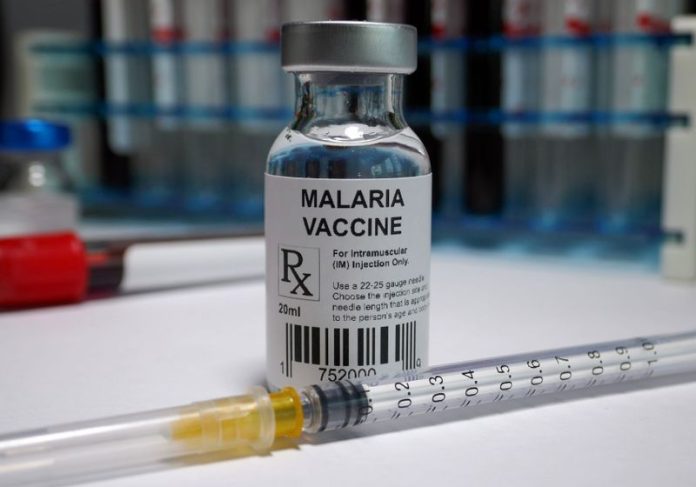FCTA Pledges To Curb Malaria Deaths In Under-five Children
The Federal Capital Territory Administration on Wednesday pledged its commitment to reducing malaria mortality among children under five years of age.
Additionally, it signed a new Memorandum of Understanding with the management of NISA Medical Group to extend the Public-Private Partnership for the continued management of Garki Hospital, Abuja.
During the presentation of hospital commodities and the signing of the MoU with NISA Medical Group in Abuja, the Mandate Secretary of the Federal Capital Territory Health and Environment Secretariat, Dr Adedolapo Fasawe, emphasised the unwavering commitment of the FCT Minister, Nyesom Wike, to addressing the healthcare challenges facing residents, highlighting the various steps being taken to ensure quality and affordable healthcare, particularly for vulnerable groups.
Fasawe, who stressed the urgency of addressing malaria, noted that ten children die of malaria every second in Africa, urging FCT residents to take advantage of the ongoing Malaria Consortium Programme, which provides medicine at no cost for children under five.
She highlighted the critical role of mothers in this initiative, noting that the FCT Minister was among the first state executives to contribute counterpart funding to the Islamic Development Bank (IDB) grant, enabling the FCT to access anti-malaria medication.
The Mandate Secretary explained that under the Impact project, the IDB is providing nearly one million doses of anti-malaria drugs, along with additional human resources to support hospital staffing and community health advocacy efforts.
The initiative is particularly focused on making healthcare more affordable, especially for those registered under the health insurance scheme, who will receive malaria medication free of charge, she noted.
According to her, the Wike-led FCT administration has already paid its $100,000 counterpart funding, which has unlocked an additional N900 million from the IDB.
This funding, she said, will be used to ensure that no patient has to pay for malaria treatment, a significant step towards ‘medical palliative’ to make essential healthcare services accessible to all.
She encouraged residents to take advantage of the Malaria Consortium Programme to reduce child mortality, particularly among children under five.
Regarding the MoU with Garki Hospital, she stated that it aims to make comprehensive healthcare services more accessible to residents, while urging the private sector to take the initiative and partner with the FCT in managing other health facilities.
She said the agreement, which initially covers 15 years, is renewable and can be terminated by either party with 90 days’ notice if expectations are not met.
“This flexibility ensures that both the government and the private sector are held accountable and can maintain the highest standards in healthcare delivery,” she said.
Fasawe, who stressed the importance of transparency, accountability, and continuous monitoring and evaluation in the partnership, said it aims to ensure that both the government and the private sector are held accountable and can maintain the highest standards in healthcare delivery.
Underlining the administration’s commitment to transparency, the Mandate Secretary emphasised the need for a robust financial verification system to ensure that the services provided are in line with the agreed terms.
“If you tell us we made only N100 in May, there should be a system that verifies that we made N100 in May,” she said.
She expressed optimism that the renewed partnership will set a new benchmark in healthcare delivery in the FCT.
Fasawe also disclosed that the FCT administration is introducing new policies to further enhance healthcare quality, including a shift to cashless transactions in its general hospitals and stricter hygiene protocols to prevent the spread of infections.
The management of NISA Medical Group, led by the Founder of NISA Medical Group, Dr Ibrahim Wada, assured the FCTA of their commitment to adhering to the terms of the agreement aimed at advancing the territory’s healthcare services.
Meanwhile, the General Hospital Medical Directors assured that the medical supplies received would be utilised for their intended purposes.
The medical supplies presented to the hospitals include surgical reinforcement gowns, Personal Protective Equipment, multivitamin preparations for pregnant women to reduce individual procurement costs, and preventive malaria combination medicines intended specifically for children under five.





